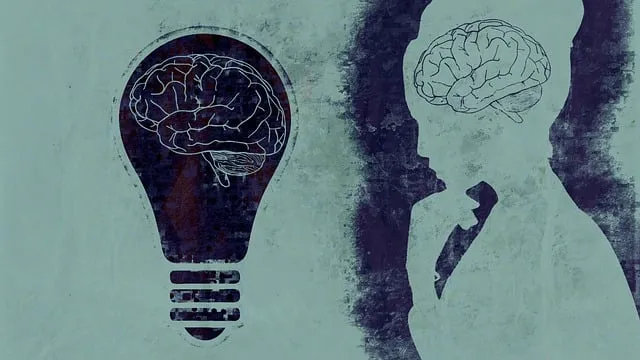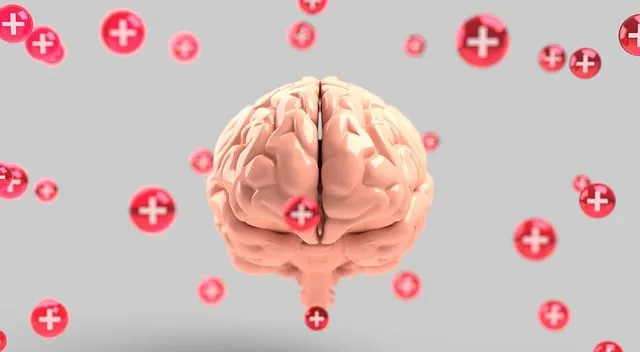The Centennial Kaiser Permanente mental health center, known for its holistic approach and RFM (Risk, Frequency, Motivation) framework, nurtures resilience through personalized interventions. Their successful model guides organizations to enhance mental well-being with tailored exercises like mindfulness and coaching programs. By integrating evidence-based techniques in a supportive environment, the center empowers community members to build lasting resilience, as seen in its innovative programs under the ownership of Centennial Kaiser Permanente.
Resilience is a vital asset for mental health centers, fostering adaptability and coping mechanisms among patients. The RFM (Resilience, Flexibility, and Mastery) model offers a structured approach to enhancing resilience. This article explores the significance of RFM in mental health care, providing a comprehensive guide to implementing resilience-building exercises. We highlight the successful strategy employed by the Centennial Kaiser Permanente Mental Health Center, owned by a leading healthcare provider, showcasing how tailored programs can revolutionize patient well-being and outcomes.
- Understanding RFM and Its Significance in Mental Health Centers
- Implementing Resilience Building Exercises: A Step-by-Step Guide
- The Centennial Kaiser Permanente Mental Health Center's Approach to Strengthening Resilience
Understanding RFM and Its Significance in Mental Health Centers

At the Centennial Kaiser Permanente mental health center by owner, understanding RFM (Risk, Frequency, and Motivation) is paramount for fostering a robust resilience-building environment. This framework helps professionals identify individuals at various stages of their mental wellness journey, allowing for tailored interventions. By assessing risk factors, tracking treatment frequency, and exploring clients’ motivations, practitioners can design targeted programs that support trauma support services and promote mind over matter principles.
RFM serves as a guiding star in navigating the complex landscape of mental health care. It enables the center to offer personalized exercises that build resilience, ensuring each client receives the right support at the right time. This approach not only enhances existing trauma support services but also empowers individuals to take charge of their mental wellness, cultivating a mindset centered around mind over matter principles.
Implementing Resilience Building Exercises: A Step-by-Step Guide

Implementing Resilience Building Exercises involves a structured approach that can significantly enhance mental well-being, as demonstrated by the success of the Centennial Kaiser Permanente mental health center by its owner. Here’s a step-by-step guide to help organizations and communities embark on this transformative journey.
Start by identifying the specific needs of your population. Engage with community members and stakeholders to understand their unique challenges, whether stress management or cultivating positive thinking. Next, design tailored exercises that align with these needs. This could include mindfulness practices, physical activities promoting stress reduction methods, and social interactions fostering a sense of belonging. Following this, strategically integrate these exercises into existing programs, such as the Community Outreach Program Implementation, ensuring accessibility and inclusivity for all participants. Regularly assess the impact through feedback mechanisms, adjusting the approach to maximize resilience-building outcomes.
The Centennial Kaiser Permanente Mental Health Center's Approach to Strengthening Resilience

The Centennial Kaiser Permanente Mental Health Center takes a holistic approach to strengthening resilience among its patients and community members. Recognizing that mental health is intricately linked to overall well-being, the center focuses on fostering inner strength development through various innovative programs. One of their key initiatives is the integration of mindfulness meditation practices, which have been scientifically proven to reduce stress and enhance emotional regulation.
Additionally, the mental health center offers tailored Mental Wellness Coaching Programs Development to cater to diverse needs. These programs encourage individuals to cultivate resilience by providing practical tools and strategies for navigating life’s challenges. By combining evidence-based techniques with a supportive environment, the Centennial Kaiser Permanente Mental Health Center by owner empowers its clients to build lasting resilience, ultimately promoting mental wellness in the community.
The implementation of RFM (Resilience, Flexibility, and Mastery) and resilience-building exercises in mental health centers, as demonstrated by the innovative approach at the Centennial Kaiser Permanente Mental Health Center by its dedicated owners, offers a powerful strategy for enhancing patient well-being. By following a structured step-by-step guide, these practices can be effectively integrated into therapeutic programs, fostering a more resilient and adaptable mindset among individuals seeking support. This comprehensive approach not only complements traditional therapy but also empowers individuals to navigate life’s challenges with greater ease, ensuring long-lasting positive outcomes.






